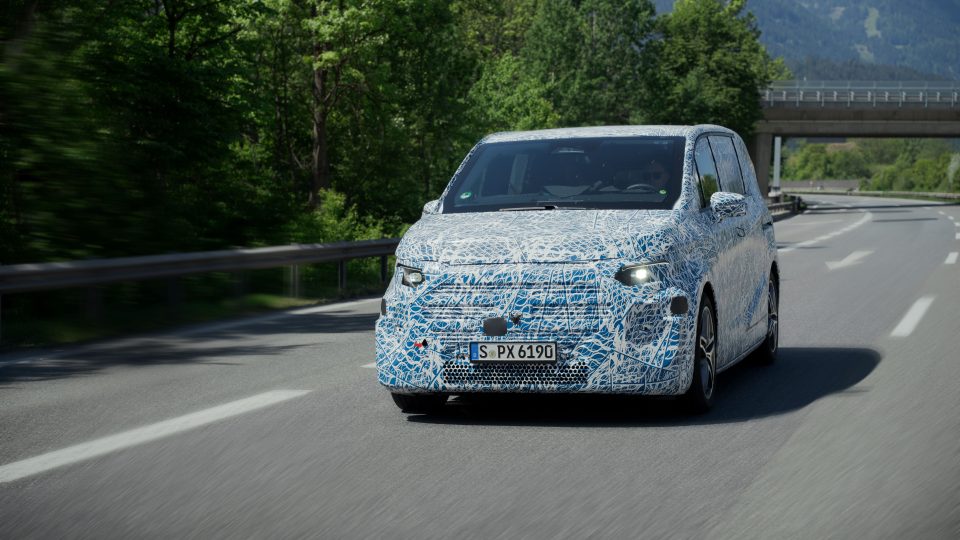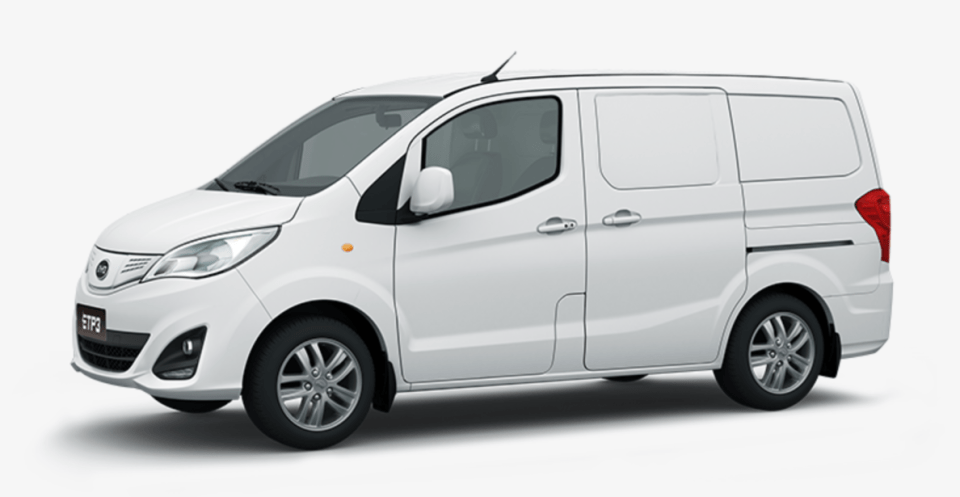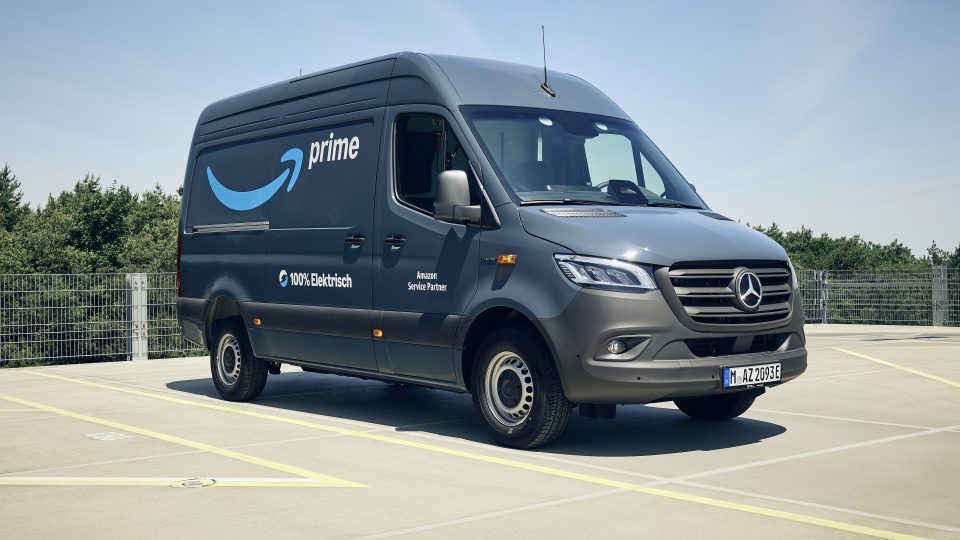Ford E-Transit, trials for customers in Europe ahead of launch in spring 2022
The trial kicks off with ten E-Transit prototypes being put to the test across a variety of intensive real-world operating scenarios in the postal, municipal and utilities, last mile and grocery delivery sectors within Germany, Norway and the UK.
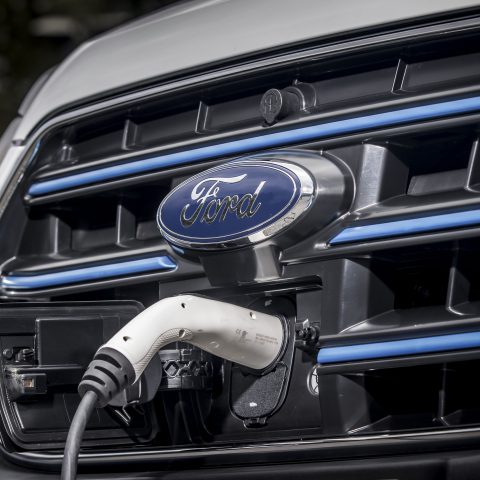
Ford started trials for E-Transit vans in several European countries, in order to allow some major fleet customer to test the company’s e-van, whose official launch is foreseen in spring 2022. Ford stated that intensive real-world trial sees E-Transit working with key operators in the postal, municipal and utilities, last mile and grocery delivery sectors. In the last months, the e-van was subjected to extreme climate and durability testing sessions, both in Europe and in the US.
The trial kicks off with ten E-Transit prototypes being put to the test across a variety of intensive real-world operating scenarios in the postal, municipal and utilities, last mile and grocery delivery sectors within Germany, Norway and the UK. Among the trial partners are AWB waste disposal, Balfour Beatty, the City of Cologne municipal fleet, DHL Express in the UK, DPD, Norwegian Post, Ocado and Recover Nordic.
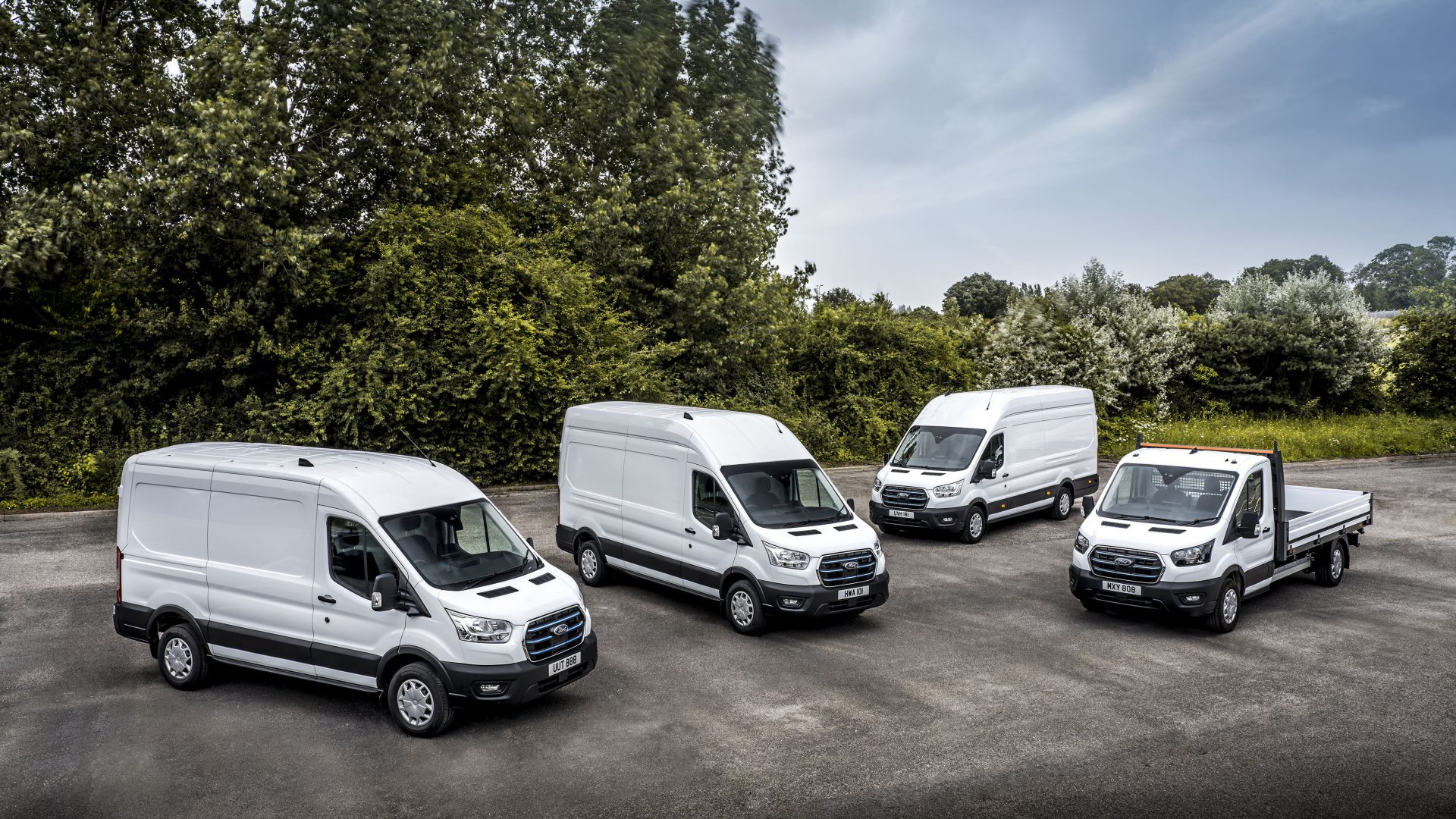
The trials fleet features a full range of E-Transit variants including van, double-cab-in-van and chassis cab derivatives with gross vehicle masses from 3.5 to 4.25 tonnes, 1 and a variety of specialised vehicle conversions that reflect the complex operating requirements that Transit vehicles need to support.
Ford E-Transit customer trials programme
E-Transit has been carefully engineered to allow simple and straightforward conversion using the same fixtures and fittings developed for existing Transit models. A selection of the trial vehicles have been converted – with support from the Ford-approved Qualified Vehicle Modifier network – to help demonstrate the versatility of the E-Transit platform. Examples of the conversions include refrigerated box body for grocery delivery, powered by 2.3 kW ProPower Onboard system; dropside body for construction with light beacons and weight sensorsCaged tipper for refuse removal and last-mile delivery box body with walkthrough bulkhead and rear air suspension.
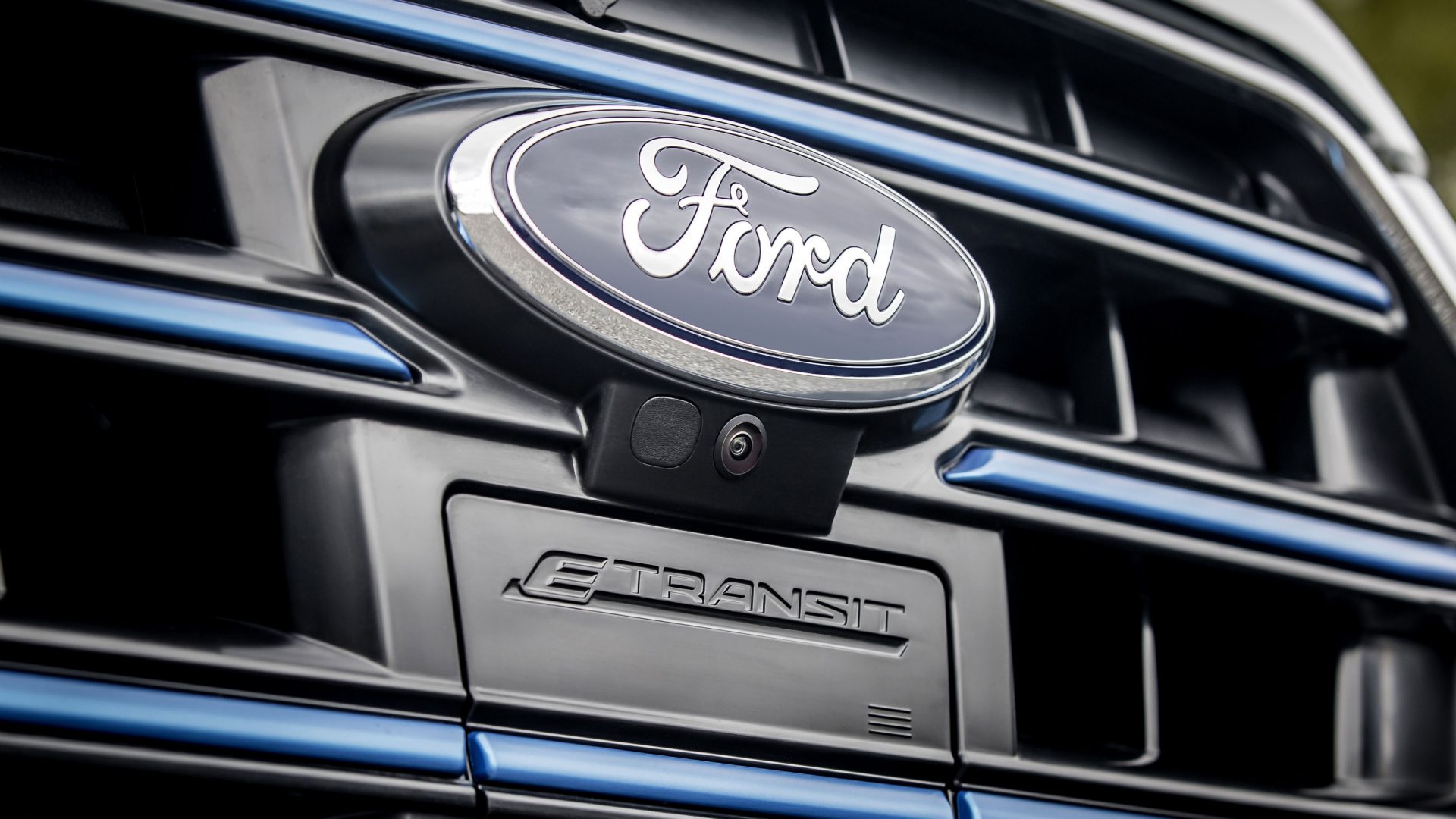
The E-Transit customer trials programme follows an earlier successful initiative featuring the Transit Custom Plug-In Hybrid, during which a cross-section of city-based customers covered over 240,000 km and found they could operate in zero-emission mode for 75 per cent of their mileage when in central London.
Two Further testing in Cologne, Germany helped demonstrate the benefit of an innovative dynamic geofencing technology, which automatically triggered zero-emissions EV Now mode in areas with particularly high air pollution to help improve local air quality in urban areas.
Environmental sustainability and productivity can go hand-in-hand
«We want to demonstrate that helping customers reduce their environmental impact can go hand-in-hand with improving their productivity», said Dave Petts, market lead, urban electrified vans, Ford of Europe. «Real-world mileage in customer hands helps us to show the business benefits that E-Transit can deliver, as well as providing valuable feedback on usage patterns and charging behaviour so that we can refine the operating experience. We firmly believe in treating our customers like family, and this programme highlights the value we place on those close partnerships».











